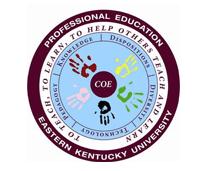Abstract
The purpose of this article is to describe how teacher educators from different higher education institutions used Web 2.0 technology to facilitate collaboration in a small pedagogy group. Faculty from three different institutions participated in monthly face-to-face group meetings. They used technology to facilitate reflection on practice and scholarship. In addition, they were engaged in interactive journaling and collaborative writing activities. Wikis provided useful supports, and enhanced their learning. The group used a hybrid format that allowed increased opportunities to meet group and individual goals and extend benefits to students. Some themes emerged from the qualitative analysis of reflections in response to prompts regarding the impact of using Wikis. These included co-ownership, communication, organization, sharing resources, accessibility, and community. The authors offered some suggestions for facilitating the successful use of this technology in collaborative efforts. Each member of a Wiki must clearly understand the purpose of his or her involvement. Wiki communities participate in social negotiation. This means that each individual should have a clear role, and a sense of belonging. The group used Wikis as extensions and supports that assist group members to reach shared goals. Wiki selfefficacy, or how capable members feel while using wikis, depend on perceived ease of use and decreased sense of user anxiety.
Recommended Citation
Griebling, Susan; Harte, Helene; Dyke, Karin; and Bauer, Lisa
(2012)
"Using Wikis to Promote Reflective Teaching and Collaboration among Higher Education Institutions,"
Journal of Excellence in College Teaching and Learning: Vol. 9, Article 5.
Available at:
https://encompass.eku.edu/kjectl/vol9/iss1/5

